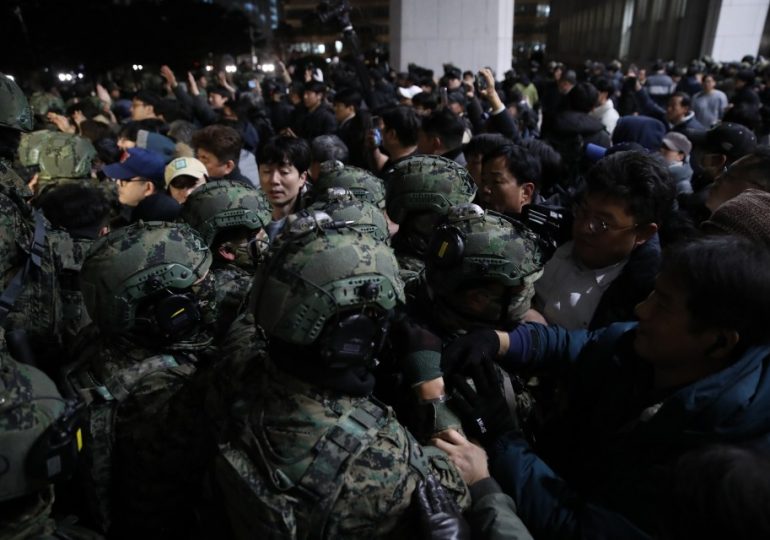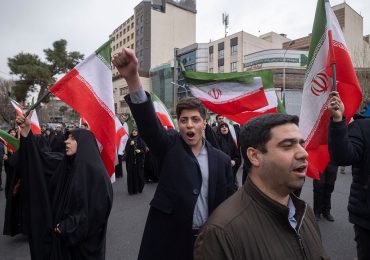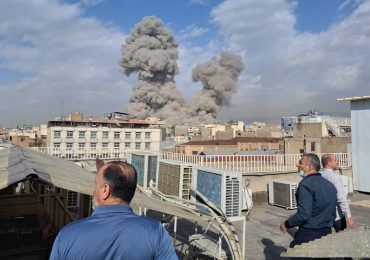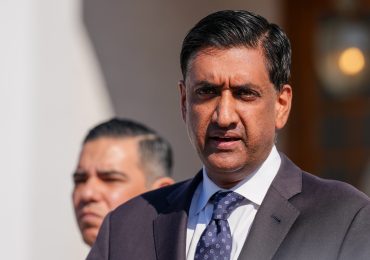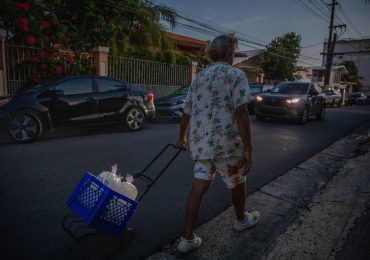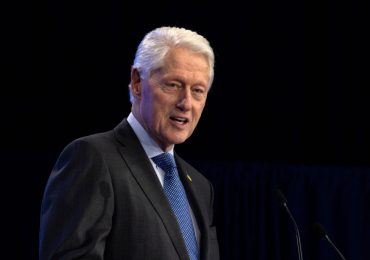SOUTH Korean opposition lawmakers have tabled a motion to impeach the President after his martial law U-turn.
President Yoon Suk Yeol yesterday declared military rule in a midnight address and ordered soldiers to storm the National Assembly.
GettyTroops clash with protesters after martial law was declared in South Korea yesterday[/caption]
APSouth Korean President Yoon Suk Yeol declared martial law yesterday[/caption]
AFPMartial law would mean military rule for Korea[/caption]
Troops clashed with protesters who built barricades at the parliament’s doors as lawmakers desperately pushed back against the apparent power grab.
Opposition lawmakers have now tabled a motion to sack Yoon after he later backed down from the declaration in a humiliating U-turn.
The vote to depose him will likely come Friday, after South Korea’s parliament voted 190-0 to overrule the decision.
In a shock television address at 11pm Tuesday night local time, Yoon declared martial law saying he needed to free the country from North Korean forces.
Yoon said: “I declare martial law to protect the free Republic of Korea from the threat of North Korean communist forces, to eradicate the despicable pro-North Korean anti-state forces that are plundering the freedom and happiness of our people, and to protect the free constitutional order.”
His decision led to chaos, as civilians formed a human shield against heavily armed troops as they tried to seize the parliament.
South Korea’s special forces could be seen climbing windows to break into the building while officials built makeshift barricades at its entrance.
Opposition lawmakers, who have a majority in the parliament, called for the public to gather outside the parliament and protest the decision.
Heavily armed troops pointed their assault rifles at civilians and MPs as they battled to make their way inside the building.
They labelled the declaration “illegal” and “unconstitutional”.
A vote against the declaration had support across the parliament – with the President’s own party not voting against it.
Yoon then made another address calling off his decision just six hours after the vote.
But he doubled down on his initial decision to call martial law accusing the opposition of trying to “paralyse the essential functions of the state”.
Impeaching Yoon would require the support of two-thirds of parliament and the backing of at least six Constitutional Court justices.
EPALawmakers of the main opposition Democratic Party and other minor opposition parties submit a bill to impeach President Yoon[/caption]
GettyPeople gathered in front of the parliament on Wednesday to protest the martial law decision[/caption]
Owen Miller, an expert on Korea from the School of Oriental and African Studies, told Sky News the impeachment will likely be successful.
He said: “Considering the shock of the situation, considering how far the current president gambled on this. I just can’t see him surviving. I just cannot see it happening.
“Lawmakers quite easily voted down the martial law declaration last night. They got that majority easily. I suspect that they will get the two-thirds majority for an impeachment.”
The US has declared it is “ready for any situation” if North Korea were to try and use the crisis to their advantage.
Philip Goldberg, the ambassador in Seoul, told Yonhap the US was in contact with the leadership of its 30,000 troops in the country constantly.
He said: “As I said before, our commitment to the Republic of Korea, the ROK-US alliance, and the Korean people is unwavering and ironclad. This will of course continue, and we are always on alert for any situation or problem.”
What is martial law?
MARTIAL law is the temporary replacement of a civilian government with military rule – typically during war or major disasters.
Historically, it has been brought in after coups, during protests, to suppress political dissent or stabilise insurrections.
It involves the military taking control of the normal legal system and control of civilians.
Ordinary laws and civil liberties may be suspended under martial law.
It is a drastic measure with significant implications for individual freedoms and the rule of law.
While it’s meant to be temporary, martial law can be indefinite.
AFPA window damaged by South Korean soldiers[/caption]
AFPSoldiers try to enter the National Assembly in Seoul[/caption]
More to follow… For the latest news on this story keep checking back at The Sun Online
Thesun.co.uk is your go-to destination for the best celebrity news, real-life stories, jaw-dropping pictures and must-see video.
Like us on Facebook at www.facebook.com/thesun and follow us from our main Twitter account at @TheSun.
Leave a comment
